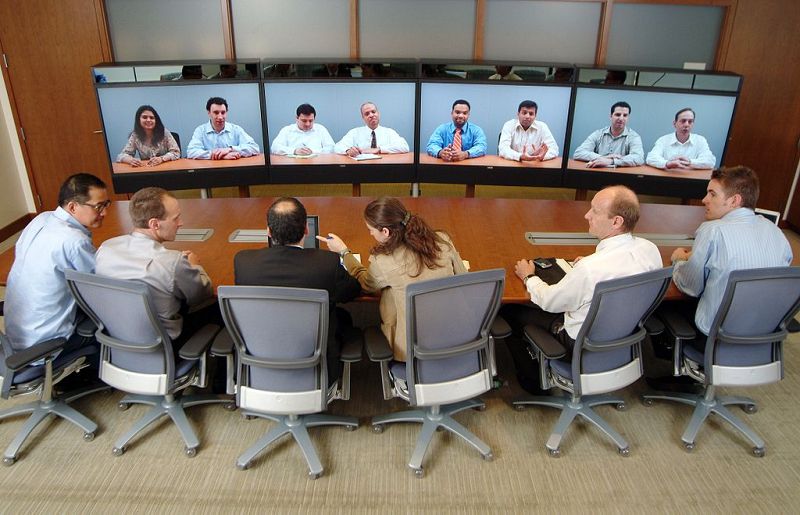While COVID-19 has devastated the economy and the community, we have responded by using new technologies, writes Paul Budde.
MY BROTHER ROB lives in Rimini, Italy and he has his own company Màgina, involved in "tailor-made" events for large organisations throughout Europe.
Their activities include team building, product launches, client shows and so on. Of course, with COVID-19 his business totally collapsed overnight. A few clients have indicated that they will review the situation for later this year or next year, but basically no revenue is forthcoming this year.
Being a creative person, he started to look at alternatives and together with several colleague companies that find themselves in similar economically-distressed situations, they started to look at new ways to engage their customers with different approaches.
A key element of the events they are organising is the emotional effect of the occasion. Under normal circumstances, they develop that in person and face-to-face activities.
For the foreseeable future, this will not be possible, so they looked into virtual solutions.
The first step was – as we all did – look at the various video-based meeting possibilities and while these services certainly fill a gap, they are not suitable for the large-scale quality events that his company provides.
One of the solutions they are looking at is using venues like theatres and cinemas, where people can come together in groups of say 100 to 200 people. This brings in for them the very important element of community and personal interaction.
From a central location, the event will be created also with an audience of a few hundred to give it more of "live-event" feeling.
This is done is as follows. The central event with all the bells and whistles will be beamed simultaneously to all the participating venues across the country or, indeed, across the world.
They will use broadcasting satellite systems for connectivity. Many venues already have broadcast satellite connections and Màgina is aiming to tap into that existing infrastructure for the distributing of the main event.
The dispersed, smaller groups will be able to interact with each other as lockdowns ease. This provides these groups with the opportunity of individual face-to-face activities within the theme of the overall event.
All these groups in various location will be brought together to the central location. There will be full interactive communications between all these venues and the central location using broadband connections.
With that infrastructure available, they will now use new technologies to expand the online experience. They include technologies such as augmented reality, 3D, interactive hologram projection and so on.
Màgina is teaming up with a Spanish company Brainstorm. This company offers a range of services under the umbrella of a virtual studio which includes virtual sets, virtual reality, augmented reality, and real-time motion graphics.
They also have a very advanced real-time 3D motion graphics feature set that seamlessly combines advanced data-driven graphics creation with photorealistic backgrounds.
Other innovations include motion graphics to achieve hyper-realistic results.
The name of the overall service is "Noosphere", with reference to new levels of consciousness.
It's not difficult to imagine what the possibilities are if you bring all of this together. This is one of the examples I have been talking about since the crisis, where innovators will deliver radically new solutions. The creative industry, one of the hardest-hit, should be at the forefront of such development and it is good to see that companies such as Màgina and Brainstorm develop these innovative solutions.
The world after COVID-19 will be different and while many activities will go back to "normal", the shock effect of this crisis combined with the technological solutions that we are depending on during this crisis will ensure that many of the ‘new normal’ activities will continue. They will not disappear after this pandemic is over.
The future will be combinations of the old and the "new normal". This is very exciting and will lead to a whole range of new products and services which are also coming in handy to kickstart the entertainment industry again.
The digital economy will most certainly be a driving force.
Paul Budde is managing director of Paul Budde Consulting, an independent telecommunications research and consultancy organisation. You can follow Paul on Twitter @PaulBudde.
 This work is licensed under a Creative Commons Attribution-NonCommercial-NoDerivs 3.0 Australia License
This work is licensed under a Creative Commons Attribution-NonCommercial-NoDerivs 3.0 Australia License
Support independent journalism Subscribe to IA.












